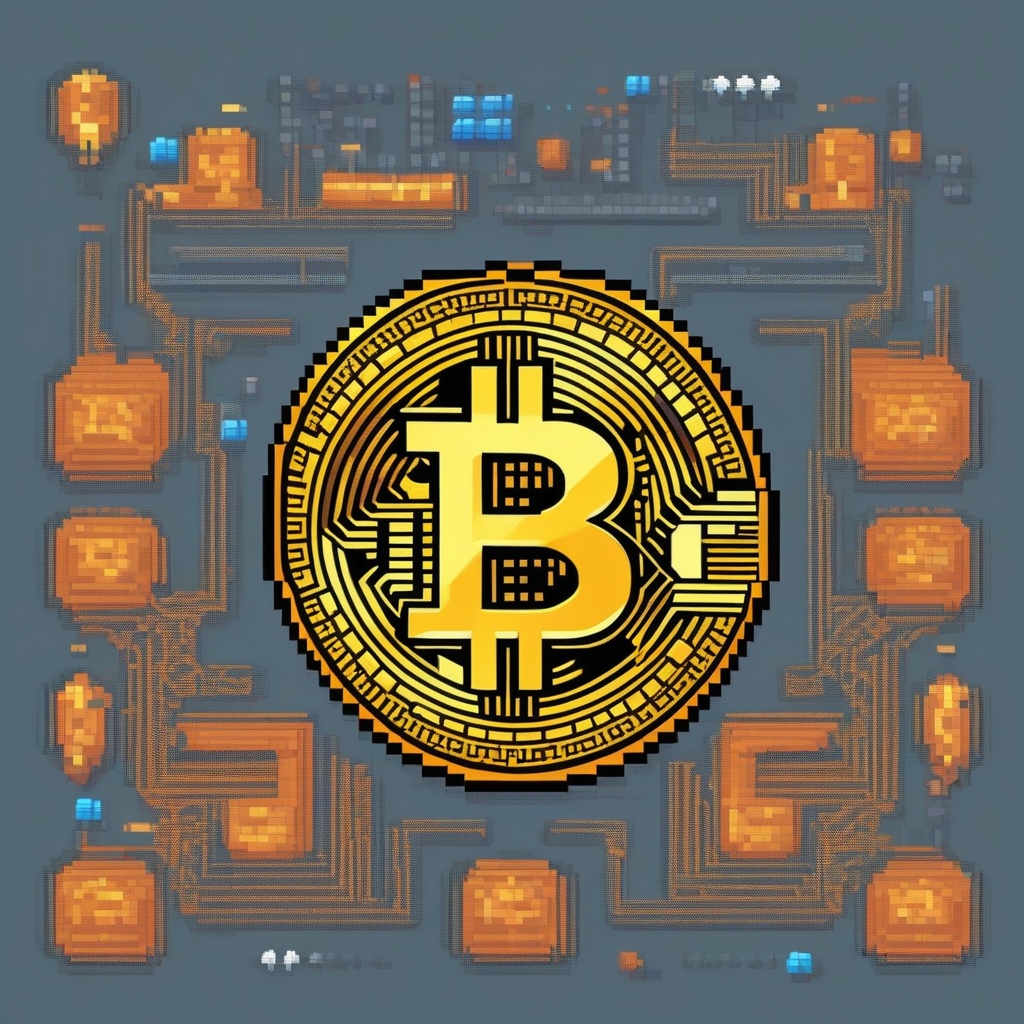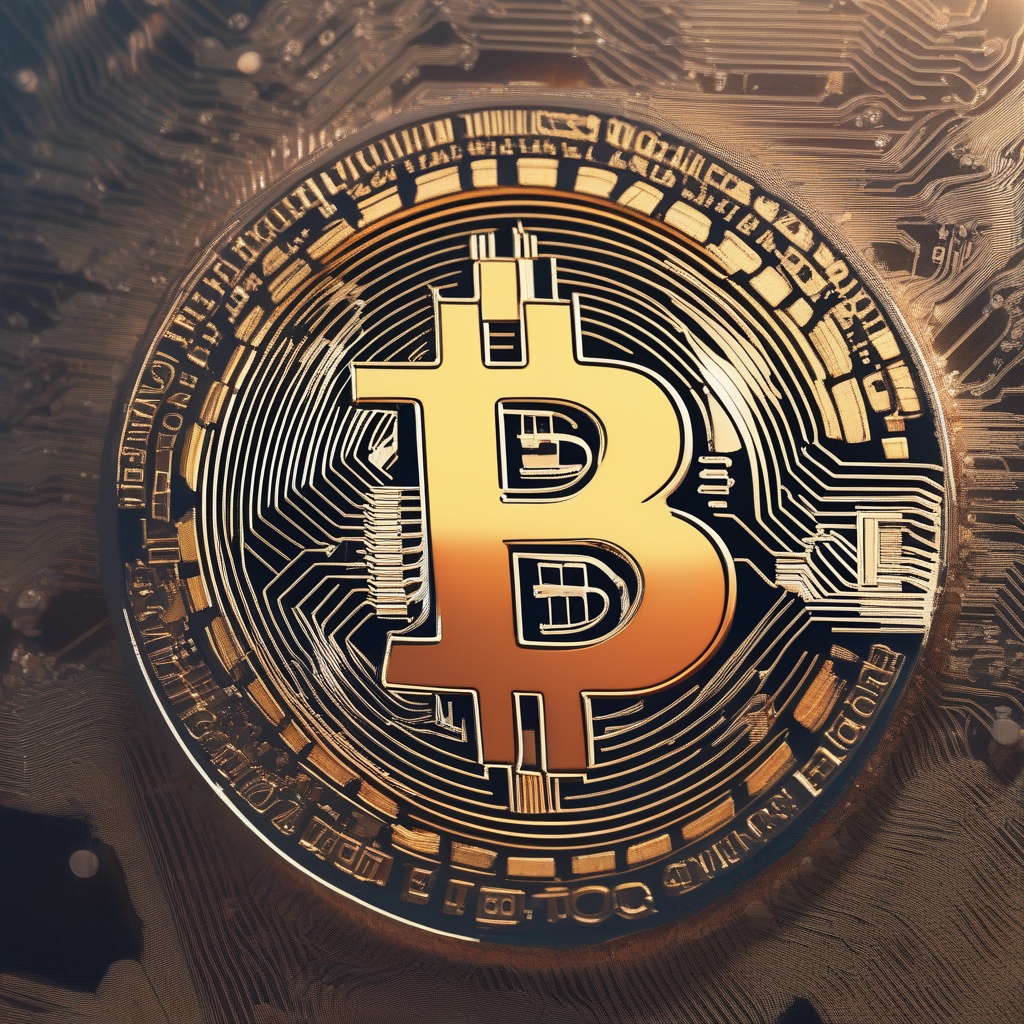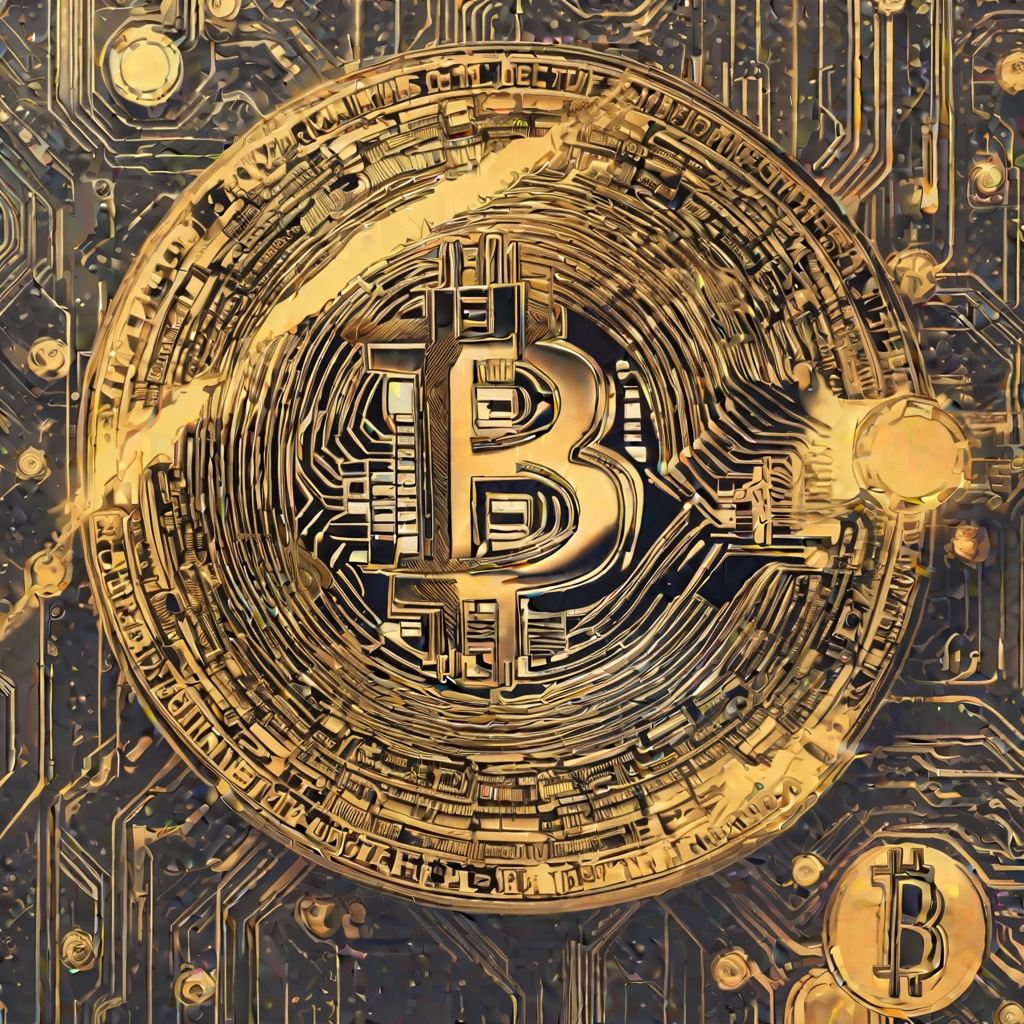Is SHA-256 vulnerable to quantum computing?
With the rise of quantum computing, there are concerns about the security of traditional cryptographic algorithms. SHA-256, a widely used hashing function, is being questioned for its vulnerability to quantum attacks. The main concern is whether quantum computers, with their unique capabilities, can effectively break SHA-256's security.

Are API tokens vulnerable to supply chain attacks?
I'm concerned about the security of API tokens in the context of supply chain attacks. Can these tokens be exploited in such attacks, and if so, what are the potential risks and consequences?

Which type of crypto wallet is the most vulnerable to hackers?
I'm curious to know, among the various types of crypto wallets available, which one is considered the most vulnerable to potential attacks by hackers? Given the rise in cyber threats and the increasing value of cryptocurrencies, it's crucial for investors and users to be aware of the potential risks associated with different wallet types. So, which wallet stands out as the one that hackers are most likely to target, and what steps can be taken to mitigate these risks?

Are bitcoin exchanges vulnerable to DDoS attacks?
As a finance professional with a keen interest in cryptocurrency, I've often pondered the security measures employed by Bitcoin exchanges. One area of particular concern is the potential vulnerability to Distributed Denial of Service (DDoS) attacks. These attacks, aimed at overwhelming a server or network with an influx of traffic, can lead to service disruptions and financial losses. Given the high-value transactions that occur on bitcoin exchanges, I must ask: Are these platforms adequately protected against such attacks? Are there any specific measures implemented to mitigate the risks posed by DDoS attacks? Understanding the answer to these questions is crucial for both investors and exchange operators alike.

Are bitcoin transactions vulnerable to quantum computers?
With the rapidly advancing technology of quantum computing, the question arises: Are bitcoin transactions truly secure against the potential threat posed by these powerful machines? The underlying encryption of bitcoin, based on cryptography, has been hailed as robust and resilient, but could it withstand the unprecedented computational power of quantum computers? As the field of quantum computing matures and becomes more accessible, could hackers leverage these machines to decrypt bitcoin transactions, potentially threatening the security of the entire cryptocurrency ecosystem? These are pressing questions that require further exploration and understanding of the intricacies of both cryptography and quantum computing.

